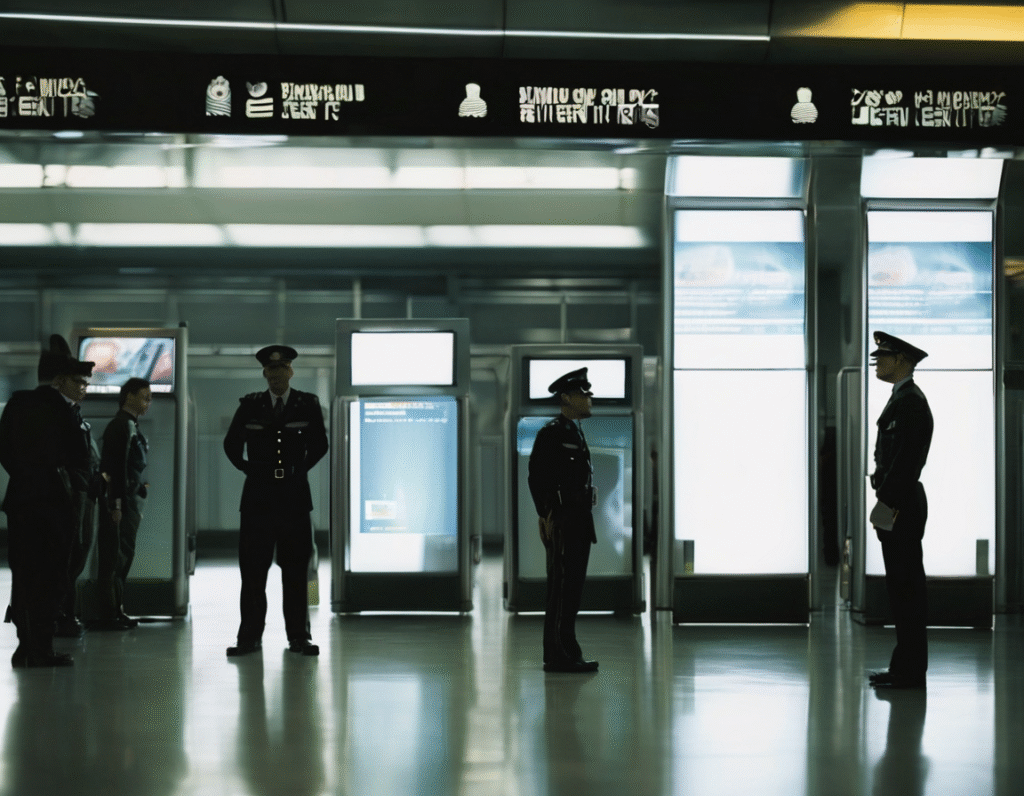US Customs and Border Protection Expands Facial Recognition for All Non-Citizen Travel The US Customs and Border Protection is moving forward with a significant expansion of its facial recognition program. A new federal filing reveals the agency will soon require photographs of all non-US citizens both when they enter and when they exit the country. This measure is intended to build a comprehensive biometric entry-exit data system. The stated goals for this enhanced surveillance are to combat terrorism, prevent the fraudulent use of travel documents, and identify individuals who overstay their visas. The Department of Homeland Security and CBP aim to create an automated system that matches biographic and biometric records of foreign nationals as they arrive and depart. Currently, CBP already possesses the authority to collect photos and fingerprints from people entering the United States. This rule change formally extends that power to include the exit process. The system will work by compiling galleries of photos associated with individuals. These galleries will include images taken by border agents as well as pictures from passports and other official travel documents. When a person arrives at or departs from an airport or seaport, a live photo will be taken and compared against the existing gallery to verify their identity. The official effective date for the new regulation is December 26. However, a full rollout will take time. According to the agency’s own estimates, it will take between three to five years to fully implement the biometric entry-exit system across all commercial airports and seaports in the United States. This timeline accounts for the significant infrastructure and processing power required to handle the millions of additional photographs that will be collected annually from departing travelers. This move represents a major step in the US government’s use of facial recognition technology for border security, creating a more integrated and automated process for tracking the movements of foreign visitors.

